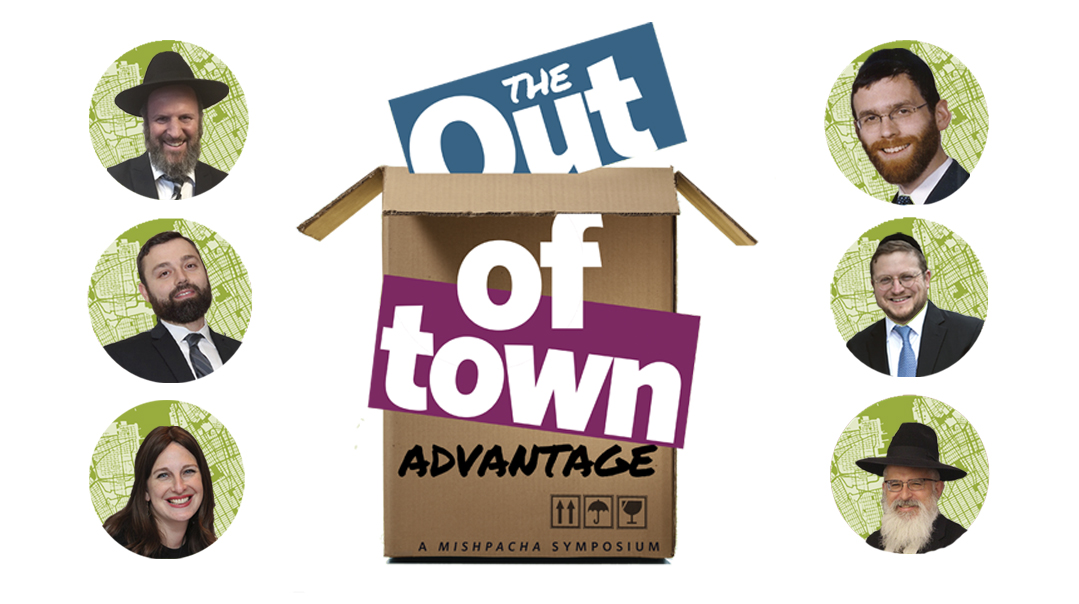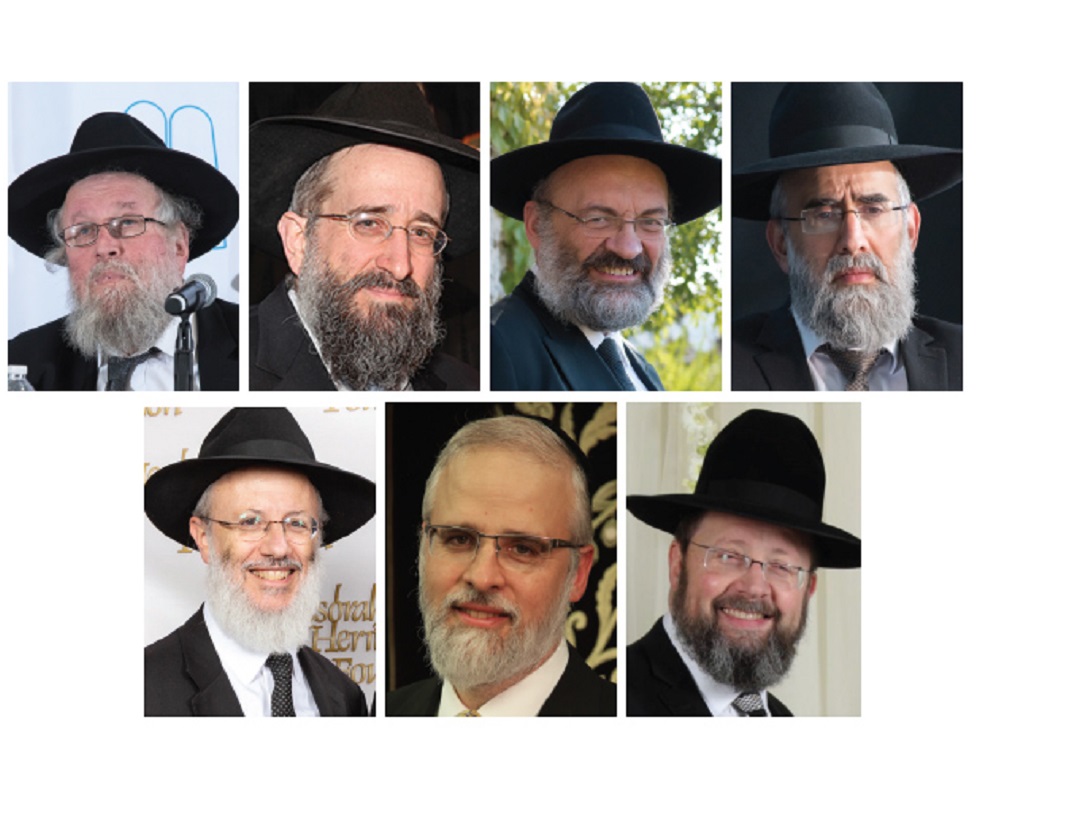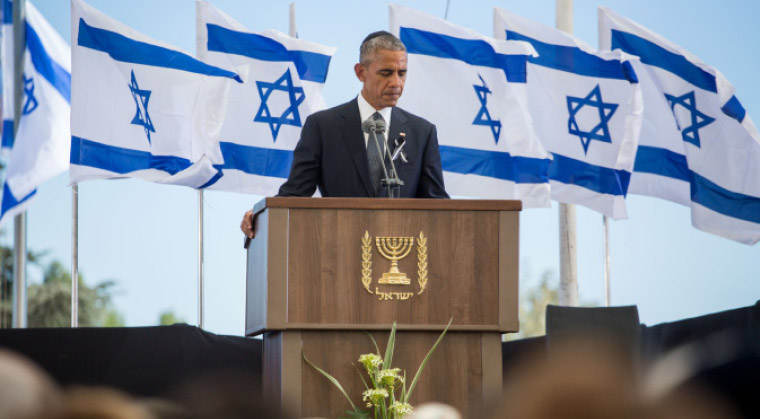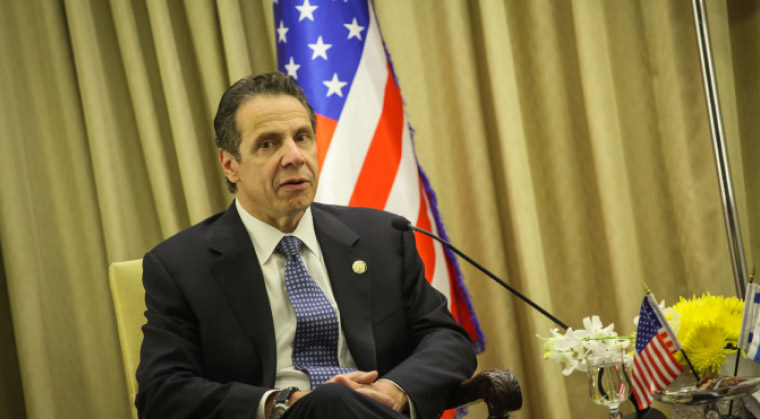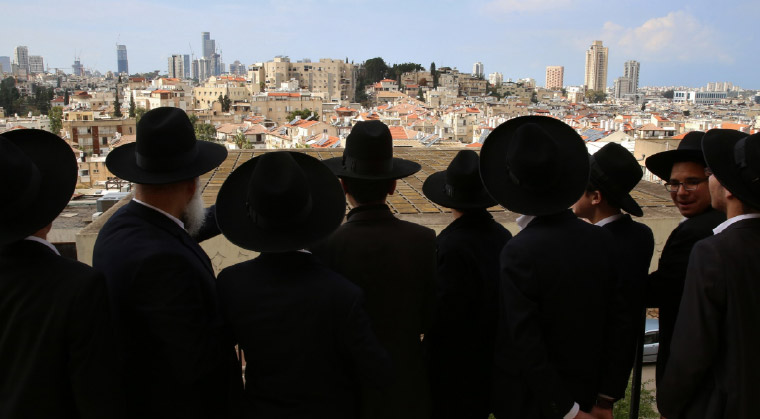In Our Political Times: Stay True
| March 28, 2018Reexamining our allegiances, involvement, and expectations in a turbulent political landscape
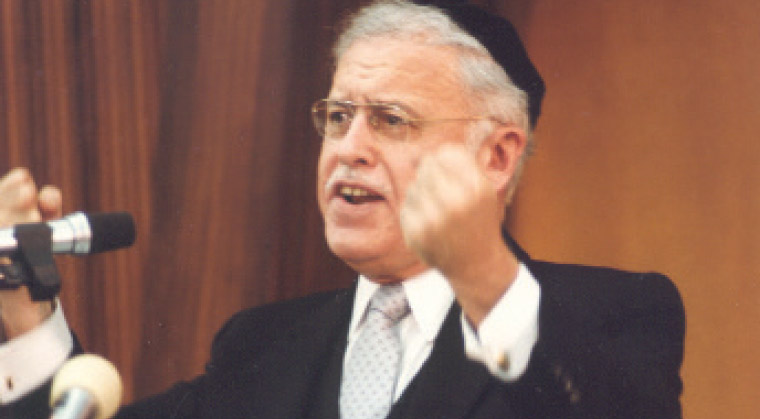
A
l acharon rishon, let me begin by addressing the last question first: Should politicians be considered as role models?
My response is: Why the binary choice between rabbanim and politicians? Why not consider whether sports heroes, media figures, or business tycoons could be considered as role models? But since the question referred to politicians only, I will answer by quoting two exemplary public servants with whom I was zocheh to work, the late Vice President Hubert Humphrey and Senator Daniel Patrick Moynihan.
Both men were often asked to name their role models or sources of inspiration — and neither man ever named a political figure. Hubert Humphrey would speak with great emotion of the Orthodox Jewish pharmacist in his home town who would provide discounted or free medicines to poor families — even as his own family was struggling to make ends meet during the Depression. Pat Moynihan would speak of the nuns who provided solace and care to the poorest and weakest elements of society.
Since we can find such inspiring role models among our teachers, rabbanim, communal askanim, and warm and helpful neighbors, we have no need to ponder adding elected officials to our pantheon of personal heroes. And, I might add, political figures make tricky role models. A few years back a major Orthodox publication saluted the “heimish family values” of a governor, only to have that individual’s career besmirched by a tawdry scandal that broke the day the publication reached our newsstands and mailboxes.
Which brings us to the core assignment: “How should a frum Jew relate to politics?”
Contemporary politics has become increasingly polarized in recent years. The other political party is the “enemy,” the “other.” Your team is always right. The other team is misguided, misinformed, and quite possibly traitorous.
A great British prime minister, Lord Palmerston, once famously declared “Her Majesty’s Government has no permanent friends, and no permanent enemies, only permanent interests.”
Effective practitioners of the art of shtadlanus understand this maxim. Such greats as Harold Jacobs, Rabbi Israel Miller, Rabbi Herman Neuberger, and Rabbi Moshe Sherer all understood how to disregard the petty aspects of partisan politics and work with leaders of both political parties to benefit our community. And they did so constantly guided by gedolei Yisrael.
Their successors continue to perform this difficult task with great mesirus nefesh and effectiveness. Yes, it is tempting to draw one’s own political conclusions from the overheated world of blogs, or the echo chambers of one-sided media outlets on the left or right, or even the learned columns of Mishpacha. But one might do best to check with the Agudah, the Orthodox Union, and other organizations that represent our community’s interests in a selfless fashion, resisting the glitter and glamor of championing ephemeral political figures and movements.
A closing story: In 1988 the Democratic presidential nominee, Massachusetts Governor Michael Dukakis, had opened a formidable lead in the polls by Labor Day over his Republican opponent, Vice President George H.W. Bush. Segments of our community who wished to associate with “the winner” all flocked to the Dukakis camp and made up a visible component at his rallies in Orthodox neighborhoods. As it happened, Vice President Bush made a remarkable comeback and, by the week before Election Day, had pulled ahead in the polls.
The day before the election I spoke to two friends, respectively the heads of the Dukakis and Bush campaigns in the Jewish community.
“How’s it going?” I asked the Democratic campaign head.
“Awful,” he said. “Those phony rabbis and hypocritical Jewish communal leaders who were all supporting us vocally just weeks ago have all switched to Bush. The only two rabbis we can rely on are [Rabbi Herman] Neuberger and [Rabbi Moshe] Sherer. Men of integrity. You can trust them.”
Then I asked his Republican counterpart a similar question.
“We are not fooled by all these Johnny-come-latelies who have flocked to the Bush banner as we surged ahead,” he explained. “We know they were fawning over Dukakis just a month ago. The only two rabbis I trust are [Rabbi Herman] Neuberger and [Rabbi Moshe] Sherer. They always tell it like it is. Their word is their bond.”
And that’s the way it ought to be. “No permanent friends, no permanent enemies, only permanent interests.”
Originally featured in Mishpacha, Issue 704. The writer served as head of Senator Hubert Humphrey’s Jewish Outreach in the 1972 presidential campaign and, at the senator’s behest, later that year as a national vice chairman of Democrats for Nixon. He subsequently spent 20 years on the staff of New York Senator Daniel Patrick Moynihan, ultimately as the senator’s senior advisor.
Oops! We could not locate your form.







